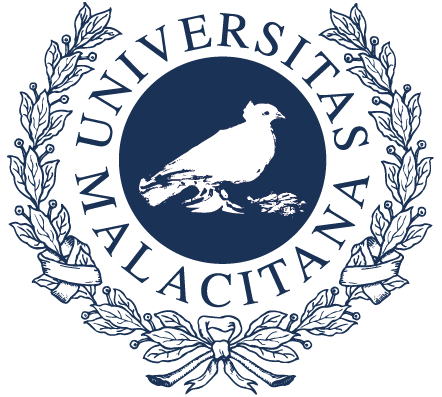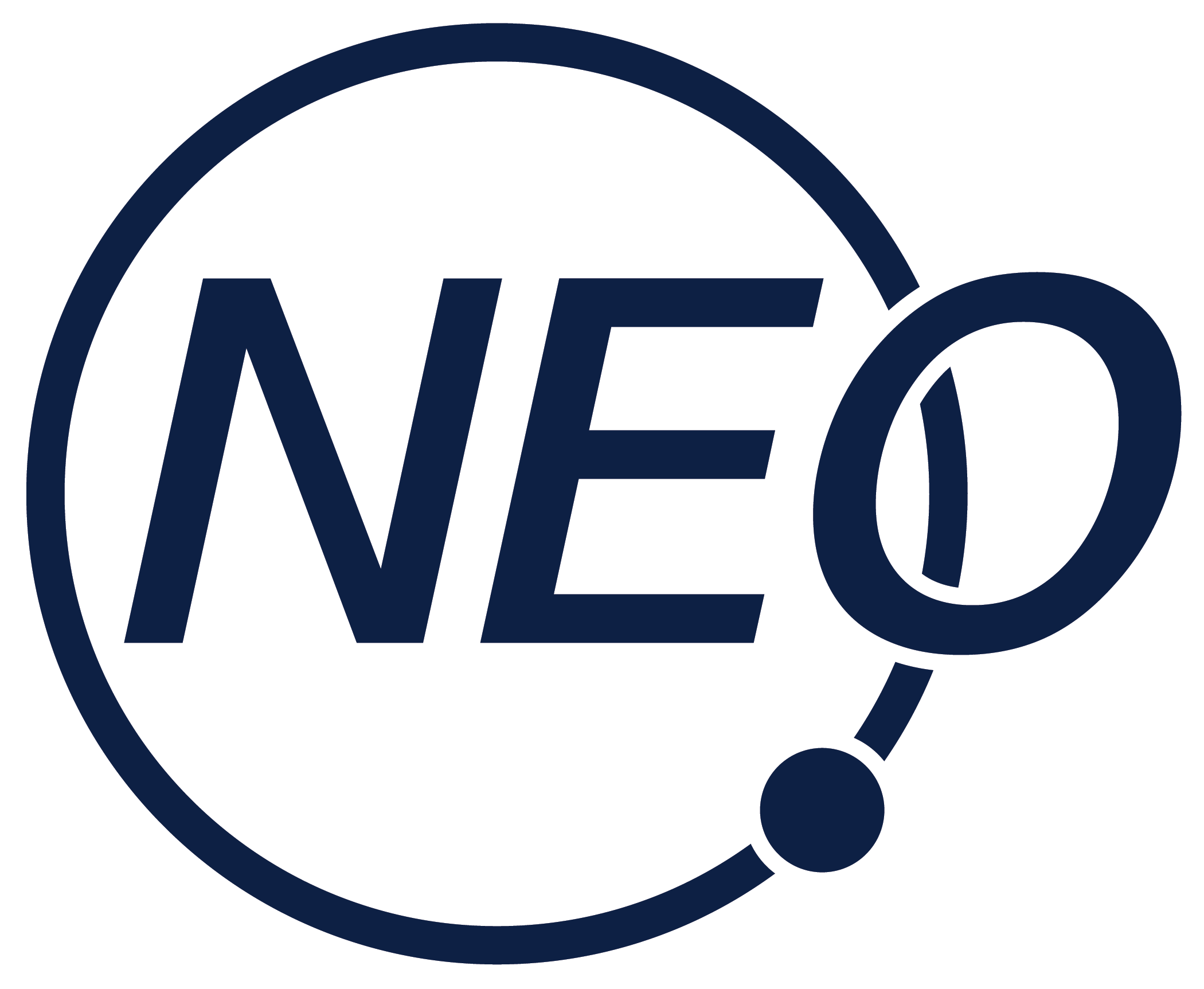XX Spanish Congress on Fuzzy Logic and Technologies

The Spanish Congress on Fuzzy Technologies and Logic (ESTYLF) is aimed at all people interested in Fuzzy Logic and its applications and will be a discussion forum in which to present results, debate ideas and present projects related to the area. This twentieth edition, ESTYLF 20/21, will be organized within the general framework of the Conference of the Spanish Association of Artificial Intelligence (CAEPIA) which, in turn, is part of the Spanish Congress of Computer Science (CEDI) to be held in Malaga.
Contact: estylf20-21@easychair.orgChairs
- Manuel Ojeda-Aciego, Universidad de Málaga
- Susana Montes, Universidad de Oviedo
Special Sessions
- Ángel Mora, Universidad de Málaga
Organizing Committee
- Nicolás Madrid
- Domingo López
- Manuel Ojeda-Hernández
- Francisco Pérez-Gámez
Topics
Topics of interest include, but are not limited to, the following:
- Fundamentals of fuzzy logic
- Modelling uncertainty
- Acquisition and representation of knowledge
- Approximate Reasoning
- Decision-making process
- Information aggregation models and techniques
- Fuzzy databases
- Fuzzy Logic and Data Mining
- Information retrieval
- Intelligent systems on the web
- Word Computing
- Systems modeling
- Fuzzy control
- Hardware for fuzzy logic
- Hybrid systems: evolutionary, neural...
- Applications
Special Sessions
#1 New approaches and applications in decision making in uncertainty environments
Organizadores
Rocío de Andrés (University of Salamanca, rocioac@usal.es)
Decision-making is a common activity in various fields of application and research areas (engineering, social sciences, health sciences, information technologies, etc.). The cross-cutting nature of this research area has led to the development of different models, different approaches and perspectives in a wide range of disciplines such as Psychology, Economics, Political Science, Social Choice, Operations Research, Medicine, Artificial Intelligence, Engineering, etc. This session focuses on environments where the objectives, constraints or possible alternatives associated with decision making processes are not precisely known, i.e. decision making processes in uncertain environments. The aim of this special session is to provide an opportunity to discuss and disseminate the most recent theoretical and empirical advances in this field to show the versatility and applicability of these techniques.
#2 Decision Making with Fuzzy Information
Organizadores
Rosa Rodríguez (University of Jaén, rmrodrig@ujaen.es)
Álvaro Labella (University of Jaén)
Luis Martínez (University of Jaén)
Decision Making (DM) is a common activity in various fields of application and research areas (engineering, social sciences, psychology, information technologies, etc.). This wide range of application fields has led to the study of these problems from different approaches and perspectives. Classical decision theory provides several tools and models to solve many of these decision problems. However, most of these models are deterministic and probabilistic models that are not well suited to problems involving uncertainty of a non-probabilistic nature that are common in many real-world situations.
To address these problems and deal with this type of non-probabilistic uncertainty there are different approaches and tools, including fuzzy set theory, Fuzzy Linguistic Approximation, as well as different extensions of fuzzy sets that have improved the flexibility and reliability of classical models. This session aims to provide an opportunity for researchers working in Decision Making under uncertainty using Fuzzy Sets or some of their extensions, to review the state of the art and to present novel and recent results and experiences in the area.
#3 Aggregation and pre-aggregation functions and their applications
Organizadores
Humberto Bustince (Public University of Navarra, bustince@unavarra.es)
Graçaliz Dimuro (Public University of Navarra)
Javier Fernandez (Public University of Navarra)
The theory of aggregation functions is a field of research that is attracting increasing interest. Aggregation functions constitute an essential tool for information fusion in multiple applications, such as image processing, classification, machine learning or decision making, among others. Moreover, in recent years, efforts are being made to overcome their limitations, which has led to the introduction of new concepts and ideas. Among them, the notion of pre-aggregation function, which generalizes the classical idea of aggregation function by relaxing the monotonicity conditions, is noteworthy.
In this special session, we will focus on recent theoretical and applied developments around aggregation and pre-aggregation functions, as well as the latest trends in this field.
#4 Fuzzy aggregation functions and fuzzy implication functions
Organizadores
Raquel Fernandez-Peralta (Universitat de les Illes Balears)
Sebastia Massanet (Universitat de les Illes Balears, s.massanet@uib.es)
Juan Vicente Riera (Universitat de les Illes Balears)
Daniel Ruiz-Aguilera (Universitat de les Illes Balears)
Aggregation functions are key operators in fuzzy set theory. In this field, advances both from the theoretical and applied point of view have been a constant in the last decades. These operators have proven useful in responding to a growing need to handle large amounts of data and uncertainty and the associated challenges that arise. Families such as t-norms, t-conorms, uninorms, OWAs or Choquet integrals play an important role in fields such as decision making, image processing, fuzzy systems or fuzzy control.
On the other hand, fuzzy implication functions have experienced a boom in recent times with several books and state of the art devoted entirely to these operators. In addition to their theoretical importance in fuzzy set theory, there is a growing interest in the applications of these operators in data mining, approximate reasoning or computing with words, among other fields.
Fuzzy implication functions and aggregation functions are closely related since several families of aggregation functions have been successfully used in the generation of new families of fuzzy implication functions and functional equations where both operators are involved are common. Solving such functional equations provides operators with specific properties useful in certain applications.
Types of Contributions
- Original and unpublished works written in Spanish or English should be submitted in IEEE format (available in Word and LaTeX2e) of up to
six pages . - Recent works (key works) published in prestigious journals. Papers should be submitted in IEEE format of up to two pages, with a clear reference to the previously published work.
- ESTYLF 20/21 is open to the proposal of special sessions.
- Submission of papers to ESTYLF 20/21 requires a previous registration in the easychair system.
Program Committee
| Researcher | Institution |
|---|---|
| Rafael Alcalá | UGR |
| Jesús Alcalá-Fdez | UGR |
| Cristina Alcalde | UPV/EHU |
| José María Alonso | USC |
| Edurne Barrenechea | UPNA |
| Senén Barro | USC |
| José Manuel Benítez | UGR |
| Fernando Bobillo | UNIZAR |
| Alberto Bugarín | USC |
| Ana Burusco | UPNA |
| Humberto Bustince | UPNA |
| Inma P. Cabrera | UMA |
| Francisco J. Cabrerizo | UGR |
| Tomasa Calvo | UAH |
| Pablo Carmona | UNEX |
| Jorge Casillas | UGR |
| José J.Castro-Sánchez | UCLM |
| Pablo Cordero | UMA |
| Óscar Cordón | UGR |
| Mª Eugenia Cornejo | UCA |
| Inés Couso | UNIOVI |
| Susana Cubillo | UPM |
| Rocio de Andrés | USAL |
| Mª Jesús de la Fuente | UVA |
| Mª José del Jesús | UJAEN |
| Susana Díaz | UNIOVI |
| Jorge Elorza | UNAV |
| Juan Manuel Escaño | US |
| Francisco J. Fernández | UPNA |
| Mikel Galar | UPNA |
| José Luis Gª-Lapresta | UVA |
| Lluís Godo | IIIA-CSIC |
| Daniel Gómez | UCM |
| Antonio González | UGR |
| Francisco Herrera | UGR |
| Enrique Herrera-Viedma | UGR |
| Aránzazu Jurío | UPNA |
| María Teresa Lamata | UGR |
| Bonifacio Llamazares | UVA |
| Nicolás Madrid | UMA |
| Luis Magdalena | UPM |
| Mª José Martín-Bautista | UGR |
| Luis Martínez | UJAEN |
| Sebastià Massanet | UIB |
| Jesús Medina | UCA |
| José María Merigó | UCHILE |
| José M. Molina-López | UC3M |
| Javier Montero | UCM |
| Manuel Mucientes | USC |
| Daniel Paternain | UPNA |
| Antonio Peregrín | UHU |
| Raúl Pérez | UGR |
| Héctor Pomares | UGR |
| Carlos Porcel | UJAEN |
| Ana Pradera | URJC |
| Adolfo R. de Soto | UNILEON |
| Eloísa Ramírez-Poussa | UCA |
| Jordi Recasens | UPC |
| Ignacio Requena | UGR |
| Juan Vicente Riera | UIB |
| Fco. Pascual Romero | UCLM |
| Gregorio Sainz | UVA |
| Daniel Sánchez | UGR |
| Luciano Sánchez | UNIOVI |
| Santiago Sánchez-Solano | IMSE-CNM |
| José Antonio Sanz | UPNA |
| Jesús Serrano-Guerrero | UCLM |
| Miguel Ángel Sicilia | UAH |
| Alejandro Sobrino | USC |
| Vicenç Torra | MAYNOOTH |
| Joan Torrens | UIB |
| Aida Valls | URV |
| José Luis Verdegay | UGR |
| Vicente Liern | UV |
| Ulises Cortés | UPC |






